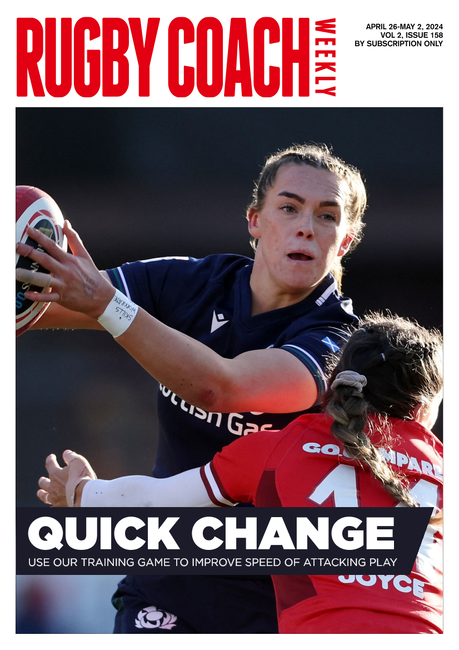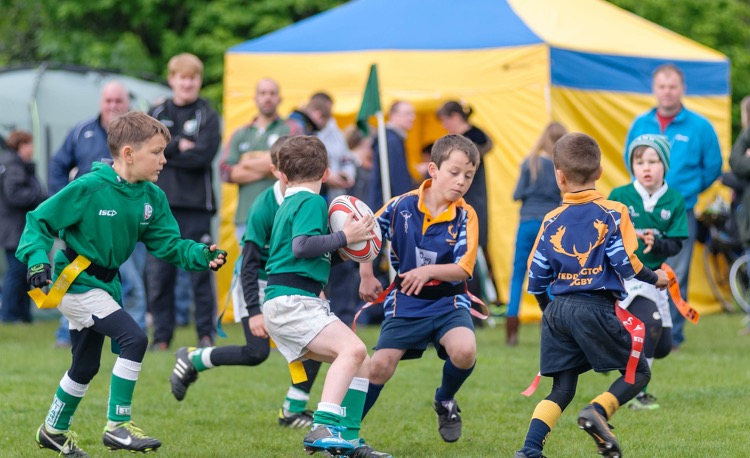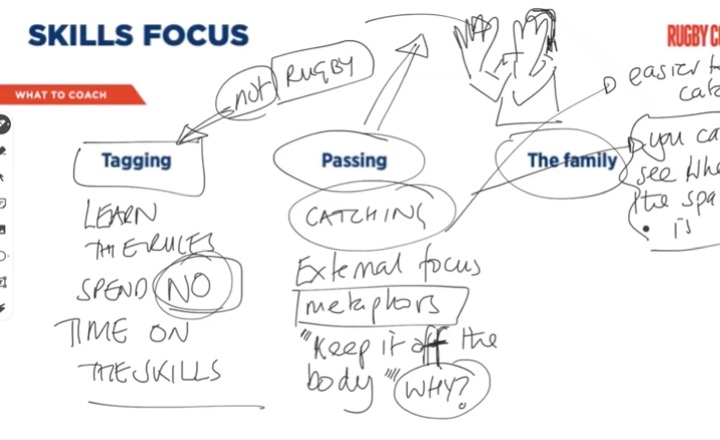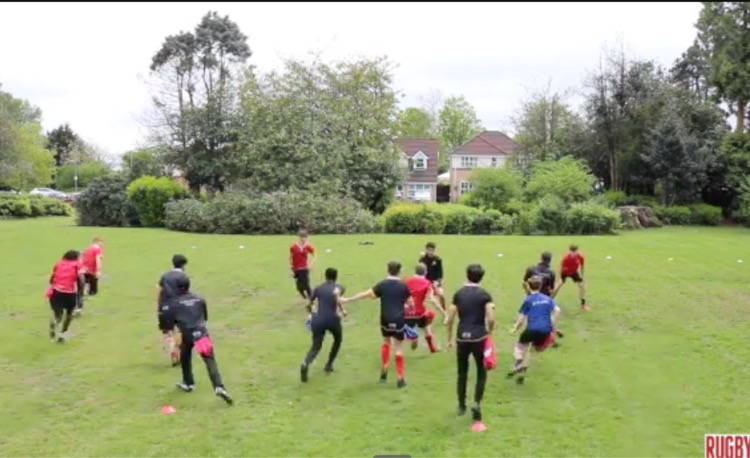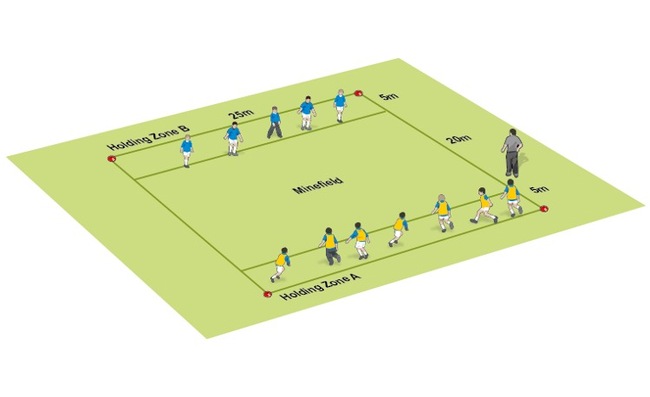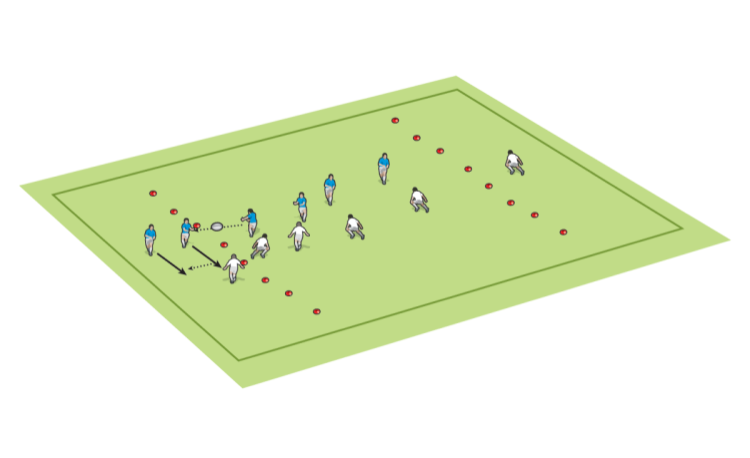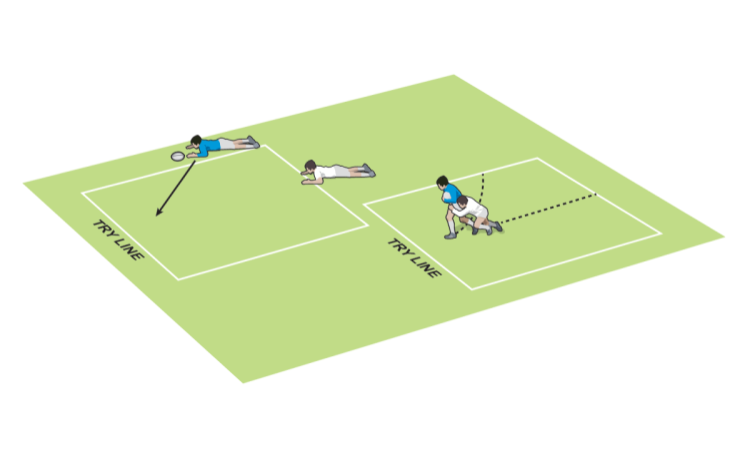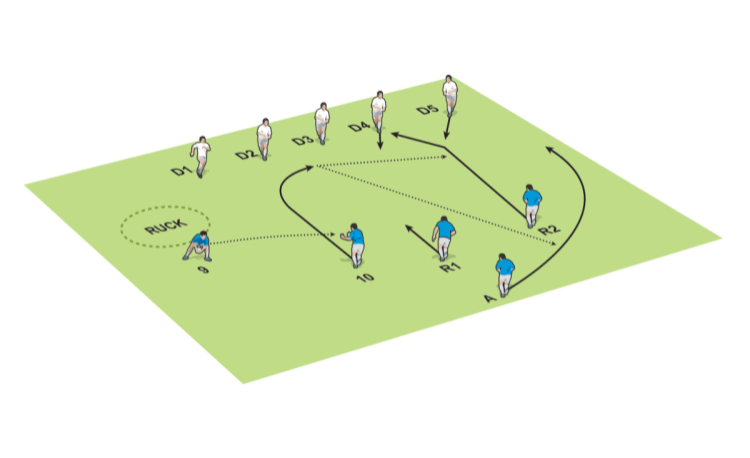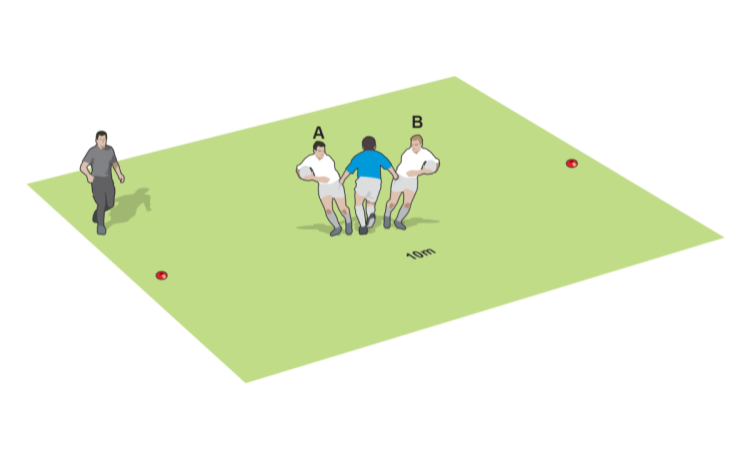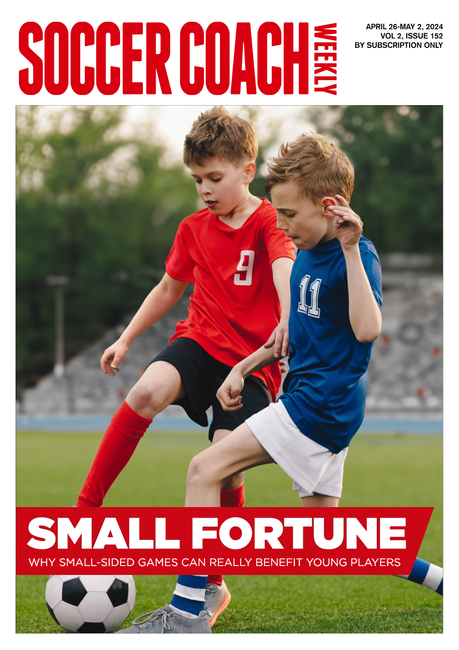You are viewing
1 of your 2 free articles
How to make greedy ball hoggers pass
Mini Tagby Colin Ireland
Use simple “house” rules in training and games to help reduce the chance of selfish players dominating your team’s possession and preventing you scoring more tries.
With young players, it’s all about them. They play as if they are the only one on the pitch, ignoring team-mates and their shouts to pass to them. In the worst-case scenario the most dominant players score every time they get the ball.
A player passes on five occasions:
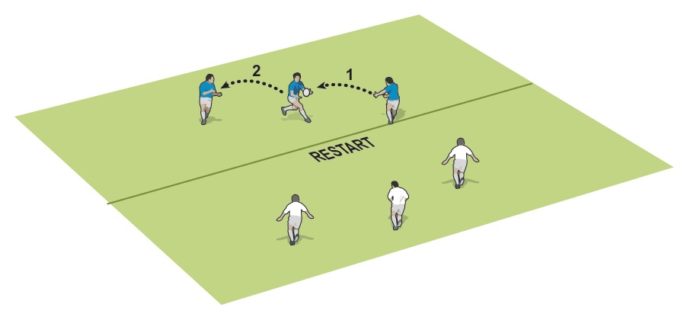
The rules around the world vary for Minis and in Scotland they introduced a requirement that two passes must be made from any restart before a try could be scored. This at least encourages players to make two passes, rather than just one to the big fast player who runs through the defence and scores.
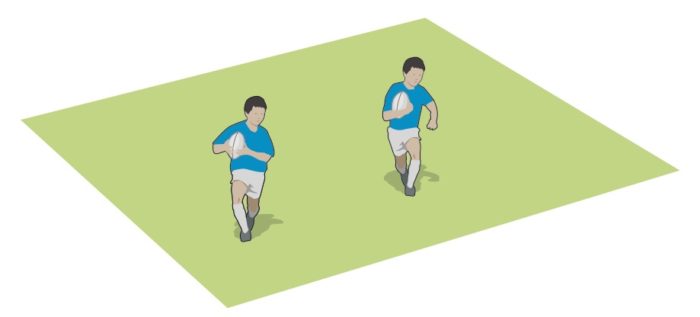
Keep working on passing, especially with the greedy player. In a few years, these players will find their game compromised by better defences and other players catching up. In the meantime, you want your other players to be more involved and developing their skills. That’s why it is worth the time and effort make the greedy players less greedy.
With young players, it’s all about them. They play as if they are the only one on the pitch, ignoring team-mates and their shouts to pass to them. In the worst-case scenario the most dominant players score every time they get the ball.
A player passes on five occasions:
- When stopped by the defence.
- After running from side to side getting nowhere, tiring themselves out and at last realising a pass makes sense.
- When faced with a really hard tackler.
- If your team has better players than them and they know it.
- In a planned move.
SET A PASSING RULE

- From a restart, insist on at least two passes before a player makes a run
The rules around the world vary for Minis and in Scotland they introduced a requirement that two passes must be made from any restart before a try could be scored. This at least encourages players to make two passes, rather than just one to the big fast player who runs through the defence and scores.
TWO HANDS ON THE BALL

- A player with two hands on the ball may be slower but he is more likely to pass
- It is easier to run with one hand on the ball but few young players can pass with just one hand
HOLD OUT FOR THE FUTURE
Keep working on passing, especially with the greedy player. In a few years, these players will find their game compromised by better defences and other players catching up. In the meantime, you want your other players to be more involved and developing their skills. That’s why it is worth the time and effort make the greedy players less greedy.
Newsletter Sign Up
Coaches Testimonials

Gerald Kearney, Downtown Las Vegas Soccer Club

Paul Butler, Florida, USA

Rick Shields, Springboro, USA

Tony Green, Pierrefonds Titans, Quebec, Canada
Subscribe Today
Be a more effective, more successful rugby coach
In a recent survey 89% of subscribers said Rugby Coach Weekly makes them more confident, 91% said Rugby Coach Weekly makes them a more effective coach and 93% said Rugby Coach Weekly makes them more inspired.
Get Weekly Inspiration
All the latest techniques and approaches
Rugby Coach Weekly offers proven and easy to use rugby drills, coaching sessions, practice plans, small-sided games, warm-ups, training tips and advice.
We've been at the cutting edge of rugby coaching since we launched in 2005, creating resources for the grassroots youth coach, following best practice from around the world and insights from the professional game.
More from us
© 2023 Rugby Coach Weekly
Part of Green Star Media Ltd. Company number: 3008779
We use cookies so we can provide you with the best online experience. By continuing to browse this site you are agreeing to our use of cookies. Click on the banner to find out more.

